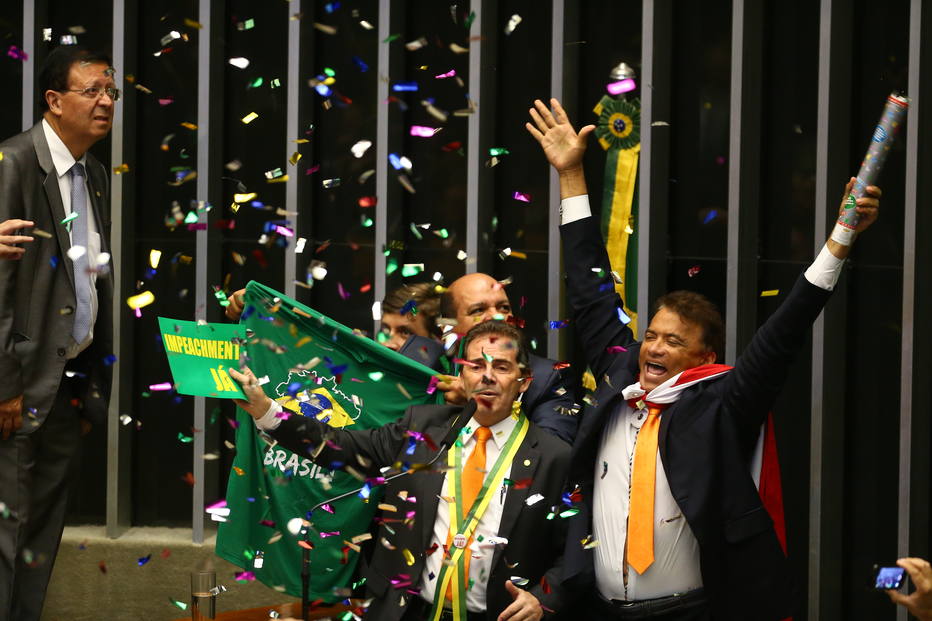Bandied around constantly over the last few years, “renewal” is the buzzword of choice in the current moment of Brazilian politics. It connotes an influx of new blood into the legislature and executive branches, and the doing away with velha política—”old politics,” seen as corrupt to its very core.
Last year’s general elections brought a new set to fresh faces to Brasília. Jair Bolsonaro was elected president, breaking with the dichotomy of the once popular Workers’ Party and the well-heeled “business-friendly” Brazilian Social Democracy Party (PSDB). In the House of Representatives, 47 percent of incumbents lost their seats. In the Senate, the rate was even higher: 84 percent of those who won election were first-time Senators.
However, “renewal” suggests new power structures and new forms of doing politics, which has not been the case. Renewal in Brasilia is a misconception. What we are seeing is an uprising of a once-fringe section of national politics: the revolution of the so-called baixo clero.
Literally the “lower clergy” of politicians, the baixo clero is the name given to the vast swathes of members of Congress who never manage to get close to power. Now, however, it commands the presidency, the House of Representatives, and the Senate.
The post-dictatorship political structure in Brazil was cleaved horizontally and vertically. On the top level of power, three parties squabbled over control: the Workers’ Party...


 Search
Search






































